Brakes
Premature pad/rotor wear, pulsation or vibration, antilock system, parking brake, master cylinder, calipers, squeaking, brake failure, regenerative braking.
What Owners Say
"Every time the auto brake system activates suddenly due to colision activation ahead the brakes pulsates when used. Mechanics say the wear and visual inspection looks good and normal."
Anonymous, FL (2019 Volvo XC40 Unsure 2.0-L 4 Cyl turbo)"Brakes 5000 miles they say needs new rotors"
Anonymous, PA (2019 Volvo XC40 T6 R-Design 2.0-L 4 Cyl turbo)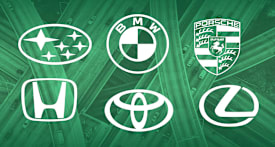
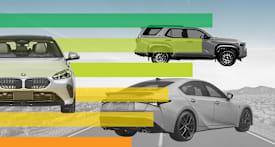


















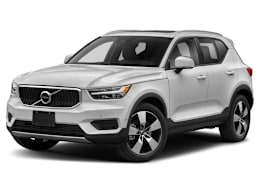
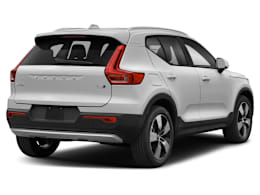
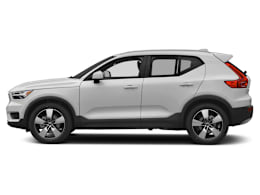
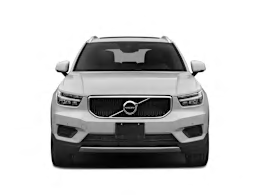
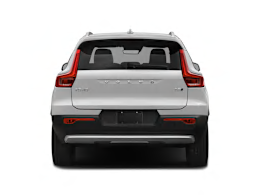
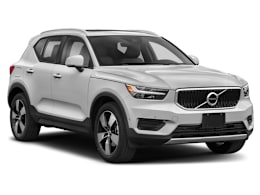
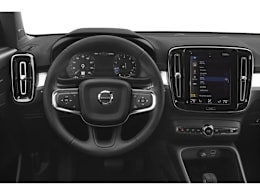

"Front brakes wear out 5000"
Anonymous, PA (2019 Volvo XC40 T6 R-Design 2.0-L 4 Cyl turbo)